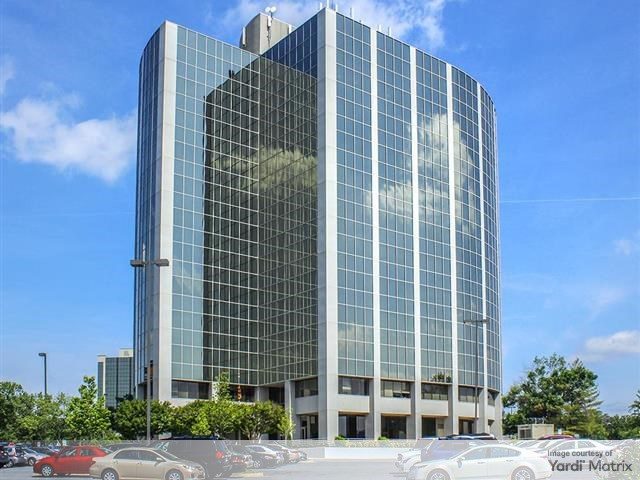SIOR: More CRE Transactions Stay on Schedule
The latest survey from the Society of Industrial and Office Realtors finds the percentages of transactions on hold or subject to third-party delays have declined since spring.
The commercial real estate industry is gradually getting a handle on how to do business during a pandemic, according to the results of the August Sentiment Survey from SIOR.
READ ALSO: CRE Transaction Activity Returning, CBRE Reports
Back in April, only 26.1 percent of transactions were proceeding according to schedule, but that figure increased to 45.2 percent in the latest survey. Parallel to that, the percentages of deals on hold or subject to third-party delays decreased over the same period.
Less predictably, the percentage of canceled transactions, which was 17.1 percent in April, fell in June and jumped slightly in July, only to fall to 14.7 percent in the August survey.
The survey report highlighted several findings:
- Importantly, industrial specialists reported that 49.7 percent of transactions are proceeding on time, versus 36 percent for office specialists.
- Looking at the next six months, office specialists on average have lower levels of confidence in their local markets than their industrial counterparts: 5.9 (on a 10-point scale) compared to 7.0, respectively.
- The strongest confidence was seen in industrial brokers in the Global, Canadian, and Mid-Atlantic regions, while the lowest confidence levels were reported by office brokers in the Northeast, Canadian, Northwest and West regions.
By comparison, SIOR’s May survey found declining optimism among industrial brokers and a smaller difference between office and industrial properties with respect to in-progress transactions.
SIOR Global President Mark Duclos provided Commercial Property Executive with a high-altitude overview of the survey findings, which he said “generally showed an uptick in optimism from our members. While the industrial practitioners continue to show more optimism than their office counterparts, even our office specialists have an improved outlook, as compared to the July survey. The most significant loss of confidence in the office sector is coming from the Northeast region ...”
“While it is not clear the commercial real estate industry has completely adjusted to the effects of the pandemic,” he continued, “it’s clear they are gaining better visibility into the opportunities and challenges of their clients. Unlike very early in the crisis, where the news cycle changed hourly, our members now have significant data and information available to them ...”
“We expect this clarity to increase as the effects of the crisis, while never predictable, become more manageable,” Duclos concluded.
Ground-level observations
Further insight comes from the many quotes the survey collected from SIOR members across the country. Here are a few examples:
- “We are seeing office tenants delaying re-occupancy of their space until a vaccine is developed and out to market for public use.”—Office Specialist, SIOR Upstate New York Chapter.
- “Some office deals have reduced the size of their space requirement, but most have not, and continue with same size [and] people spaced out more.”—Industrial & Office Specialist, SIOR Ohio Chapter.
- “I have never been happier to be in industrial. No, it’s not sexy but it’s stable. I’ve never been busier.”—Industrial Specialist, SIOR Western Missouri, Kansas Chapter.
- “Even though tech companies say they will reopen in January, that will be the height of flu season and I feel it will be summer of ’21 before everyone is back in the office.”—Office Specialist, SIOR Northern California Chapter.
- “Small office tenants are renewing with less space. Expect to see some migration from CBD’s to suburban locations. Short-term, competition for office tenants is going to be quietly fierce.”—Sales Management Specialist, SIOR Minnesota Chapter.
Read the full report on SIOR’s website.








You must be logged in to post a comment.